
OR
More from Author
The initiative recently launched by the Nepal Academy of Science and Technology (NAST), urging foreign-trained Nepali researchers to return home and utilize their scientific expertise in Nepal, came as a breath of fresh air. By offering to implement a novel campaign of this kind, the government of Nepal demonstrated its interest in capacity building and promoting research culture in the country. This is commendable and is a promising step.
While the initiative was able to attract few researchers, it did not garner enough attention of promising foreign-trained Nepali researchers for two major reasons. First, the idea did not seem to have gone through serious deliberation and planning. It was quite surprising to learn that the proposal was aimed at scientists who already have better research prospect abroad, yet the research offer made by the government was temporary with no assurance for renewal. The second reason is, of course, limited funding.
Research and Development (R&D) sector in Nepal is chronically underfunded. The proposed budget for the fiscal year 2017/18 continues to undermine scientific research funding. The nominal funding that existing universities and laboratories currently receive also comes with much higher expectation of research output: simultaneously improving the scientific standing of the country and transforming the economy within a short period. Understandably, the general public is also wary of investing in science at a time when there are countless other issues currently impacting their daily lives, and thus they want immediate return of their investment, adding to anxiety of allocating taxpayer money for research.
With absolute minimum allotted for research, barely enough to pay the monthly salary of research staffs, it will be difficult for local scientists to produce high-impact research. Unfortunately, this helps propel a myth that scientific pursuits do not help improve the economy of a developing country like Nepal.
Cash crunch
Limited funding impedes the process of scientific capacity building and collaboration necessary to produce results that can visibly impact the country’s economy or its overall standing in science. One of the hallmarks of a scientific pursuit is that it steadfastly guides us to uncover the truth through a series of observations, experiments and logical reasoning. The entire process of truth-seeking is transparent, accountable, reproducible and rigorous. The rigor of scientific process requires capacity building across wide skillsets, from a research director down to a lab technician. With growing complexity of the problem that surrounds us, specialization in sciences has also increased rapidly.
Consequently, it is increasingly difficult to pursue research projects with limited expertise and simultaneously produce results that benefit a broad spectrum of people. Further, scientific enterprises in this day and age require collaboration and partnership among experts with varying skillsets. It is critical that we make investment today in building scientific capacity and creating an environment to nurture collaboration among researchers, nationally or foreign-trained, through common working spaces, innovation centers or national laboratories.
While R&D remains critically underfunded, the government has also been inept in utilizing capital budget effectively since 2014. For instance, in the fiscal 2016-17 alone, Nepal was able to utilize only 65.5 percent of capital budget. Political instability and political interference contribute to low capital spending. Pork-barrel and populist projects easily find their way into budget without much deliberation, whereas scientific enterprises, which have the capacity to absorb allotted funds in a systematic and transparent way, are completely out of sight of policymakers.
Thankfully, the administrative channel to disburse research funds from the government to universities is streamlined by the University Grant Commission, minimizing chances of leakage of funds before it reaches respective researchers. However, due to lack of support from the government, the commission is paralyzed and unable to adequately fund research proposals submitted for funding.

Governance conundrum
In the context of Nepal, few lawmakers seem aware of benefits of scientific enterprises, while the majority of our politicians do not seem to appreciate the significance of investing in research projects of any kind. To compensate for the leadership vacuum, local scientists and social entrepreneurs have stepped in to champion and lead research projects with an aim to improve the quality of human lives. For instance, Mahabir Pun has embarked on a journey to establish a self-sustaining innovation center to facilitate scientific enterprises and technology transfer that can benefit people of Nepal and attenuate the process of brain drain.
Some applied research projects in social sciences are also led by NGOs or INGOs, but it would be inaccurate to gauge the scientific standing of a country based solely on research outputs from such organizations. Nepal’s current standing in science is betokened by research outputs from privately-led laboratories and other research centers, either funded by the government, albeit minimally, or by grants received from international funding agencies. Biotechnology and chemistry are the two most productive research fields in Nepal. High quality basic research is also published in other fields of natural sciences by several universities in Nepal, despite limited government support.
Unlike private laboratories and NGOs, research centers located in government universities are unable to compete for international grants. Besides, international funding agencies do not necessarily align their research goals with the country’s needs, hence the need for direct government support. Lack of government funding has taken a toll on these institutions, making them almost dysfunctional with only a few exceptions.
Persistent pleading of scientists from different fields to increase research budget has routinely fallen on deaf ears. Major newspapers in the country occasionally run stories of degrading research environment at government institutions. This lends itself to an obvious question: how can scientific community in Nepal persuade lawmakers to increase research funding? While many researchers in Nepal have spoken fervently about the need for increment in research budget, it is now time to have a unified voice to make the case for science.
Common cause
It is imperative that researchers from government, academia and industry come together for a joint discussion with the public in order to raise awareness about the benefits of investing in science. Such joint discussions would be more effective if researchers could engage lawmakers and other stakeholders. Leaders of scientific societies in Nepal should come together to organize events of this nature so that both the general public and lawmakers are aware of the significance of nurturing research culture by investing in scientific enterprises. The discussion forum should serve as a platform for science advocacy and not a forum for biased political activism.
Many countries around the world have achieved high economic growth with their commitment to and investment in science. In Nepal, the benefits of investment in science could be observed in two stages. The first stage of benefit is growth in research culture, which will subsequently improve the prestige of research institutions and ultimately facilitate building technical capacity to innovate. The second stage is economic advancement. Simply promising vacuous economic advancement without emphasizing capacity building is not the best route to promote scientific enterprises in a developing country like Nepal.
The government’s effort to build scientific capacity and promote research culture is worth noting. This effort finally sheds some light on the significance of partnership between science and democracy. A successful democracy requires active and informed citizenry and the role of science is to arm citizens with evidence and reasons, to inform them of unbiased truth. As Nepal embarks on a new democratic journey, it is imperative that we build a strong partnership between the government and scientists so that we can make informed decisions going forward. Such a partnership can be built only if the government is willing to invest in capacity building by retaining domestic and attracting foreign-trained scientists to revive scientific enterprises in the country.
A framework for such a partnership could be a scientific advisory council functioning independently or within the waiting-to-be restructured National Planning Commission. It will have the authority to assess direction for R&D and technology transfer, and to facilitate communication between scientists and policymakers. It is high time the policymakers increase investment in science and reverse the process of brain drain by expanding similar, but well-planned, programs immediately.
The author works as an R&D Engineer/Physicist at KLA-Tencor, San Jose, California
You May Like This

3rd series of Maskmandu to be launched
LALITPUR, Feb 5: Third series of Maskmandu campaign is going to be launched here from February 8 with an objective... Read More...
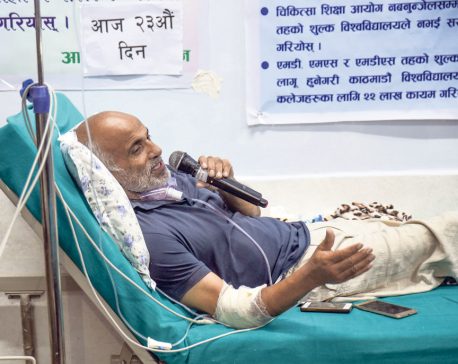
Dr KC puts off fast on 23rd day upon cabinet decision to meet demands
KATHMANDU, Aug 15: After the government took the initiative to address almost all his demands, Dr Govinda KC, professor at... Read More...

Nepal and RoK hold 3rd bilateral consultation meeting
KATHMANDU, Oct 21: Nepal and the Republic of Korea (RoK) held the 3rd bilateral consultation meeting between the Ministries of... Read More...



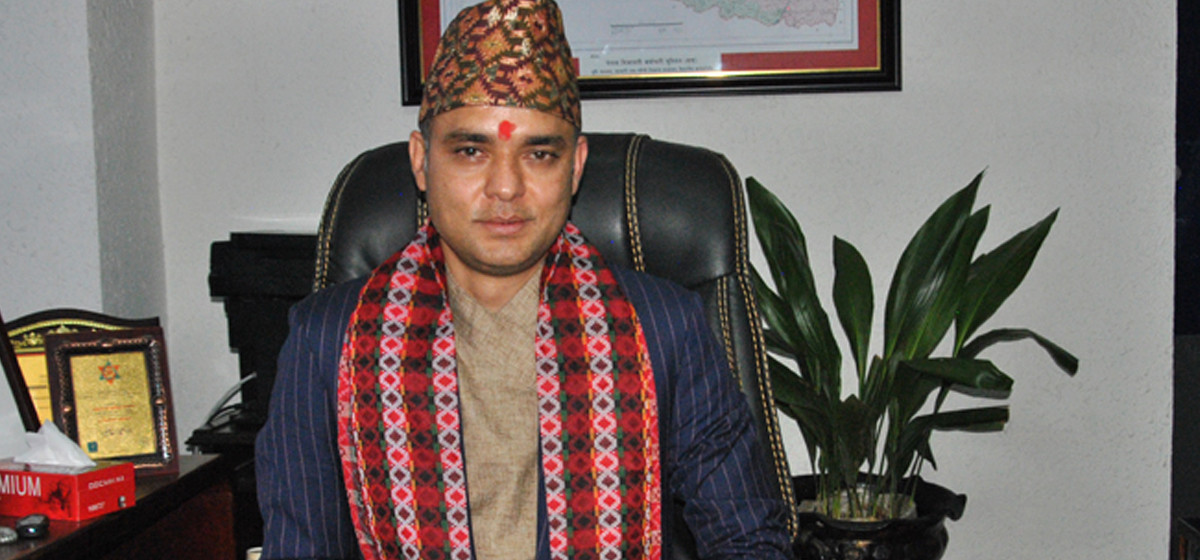

Just In
- Dual identity dilemma
- SC sentenced Paudel to nine years, fined Rs 232.7 million
- Yearning for change: On Jammu and Kashmir and Ladakh going to the polls
- NASA and ICIMOD join forces with regional stakeholders to build clearer picture of air quality in global pollution hotspot
- World Bank approves $80 million development policy credit for Nepal to strengthen financial sector and increase access to financial services
- Govt preparing to bring Mass Communication Bill soon: Minister Sharma
- Education ministry to run programs centered on students’ learning achievements
- Govt starts process to ban vape






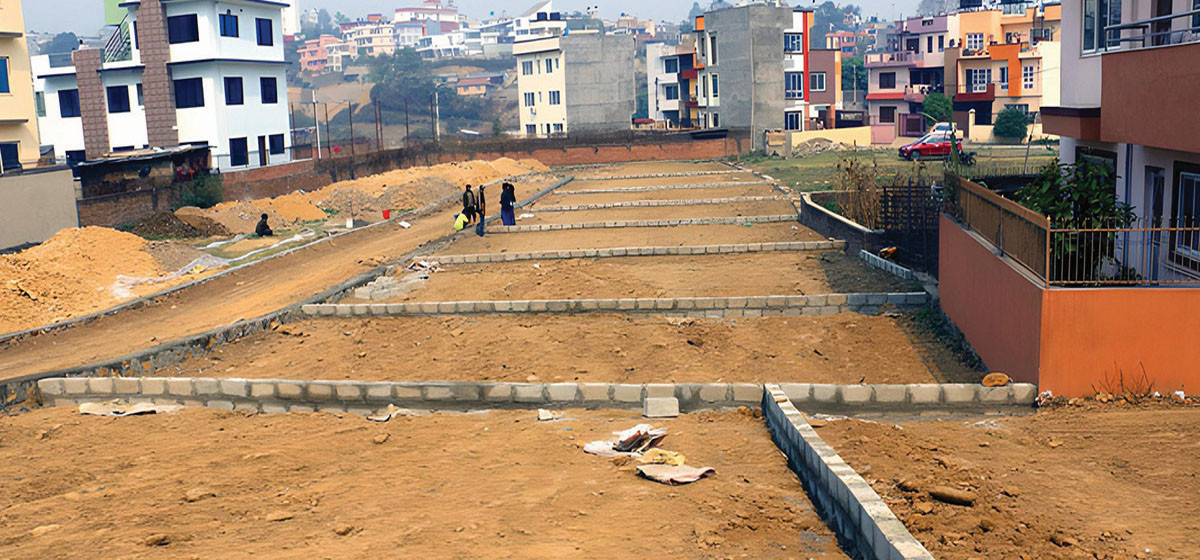
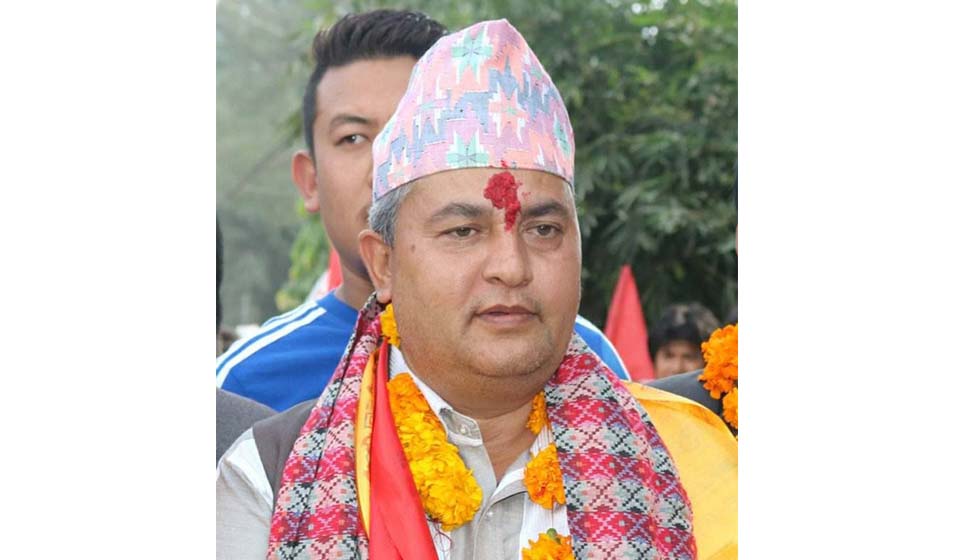

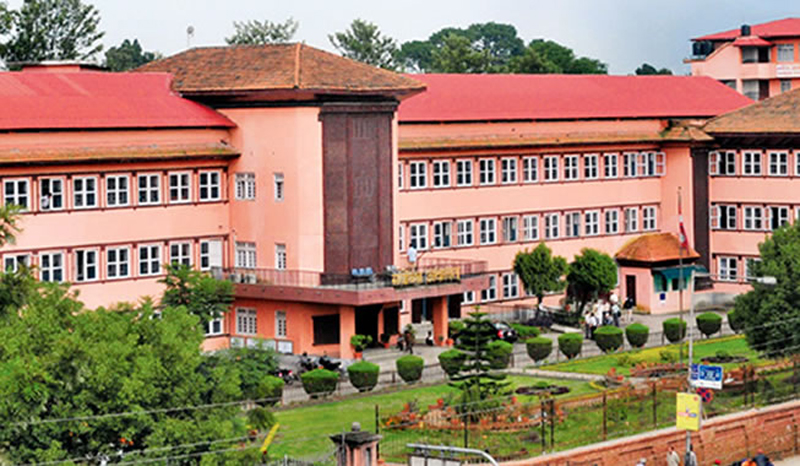

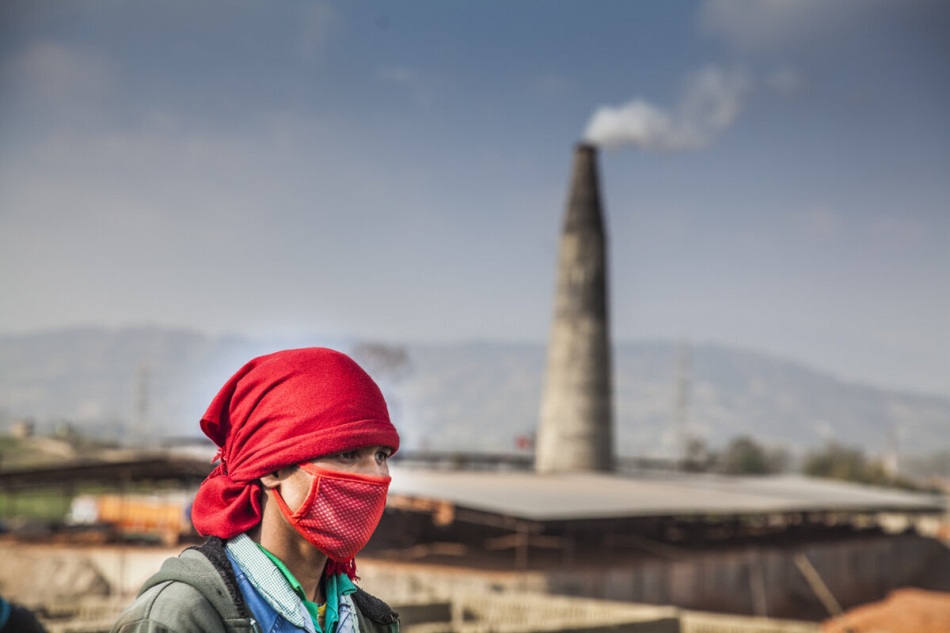
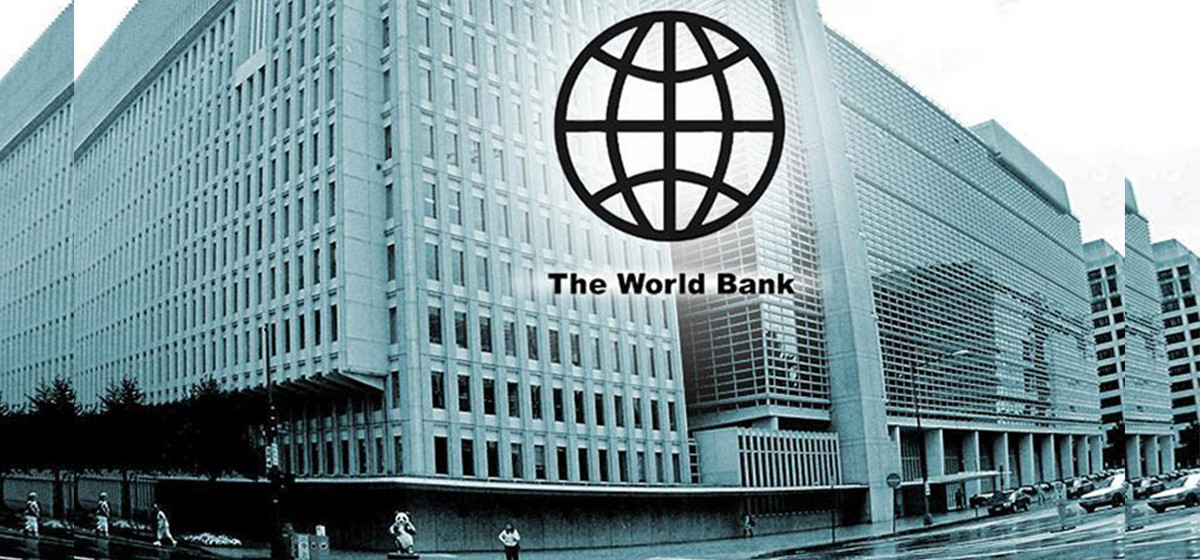
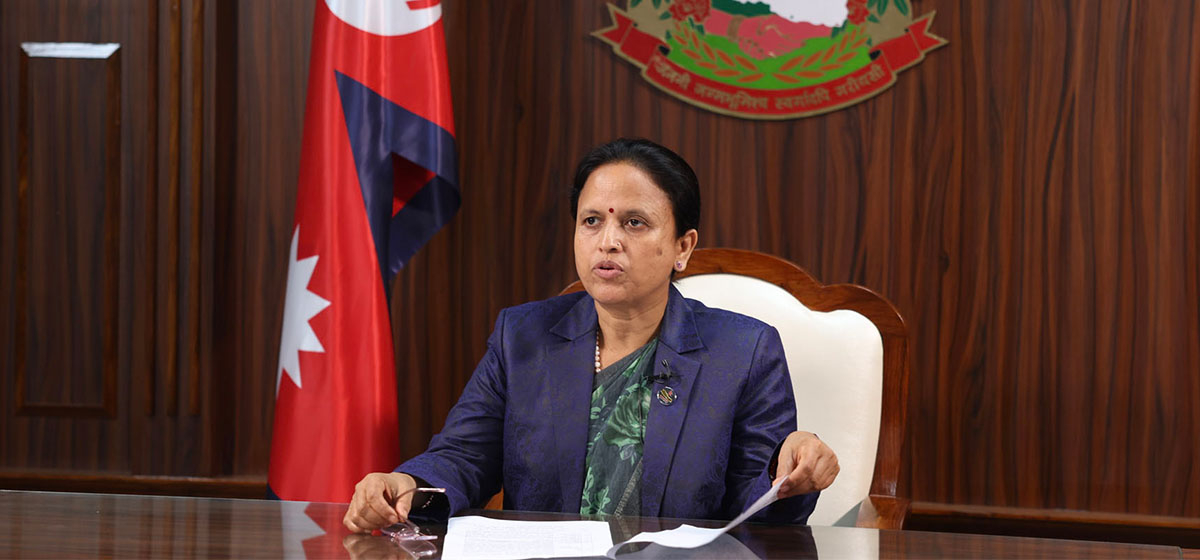
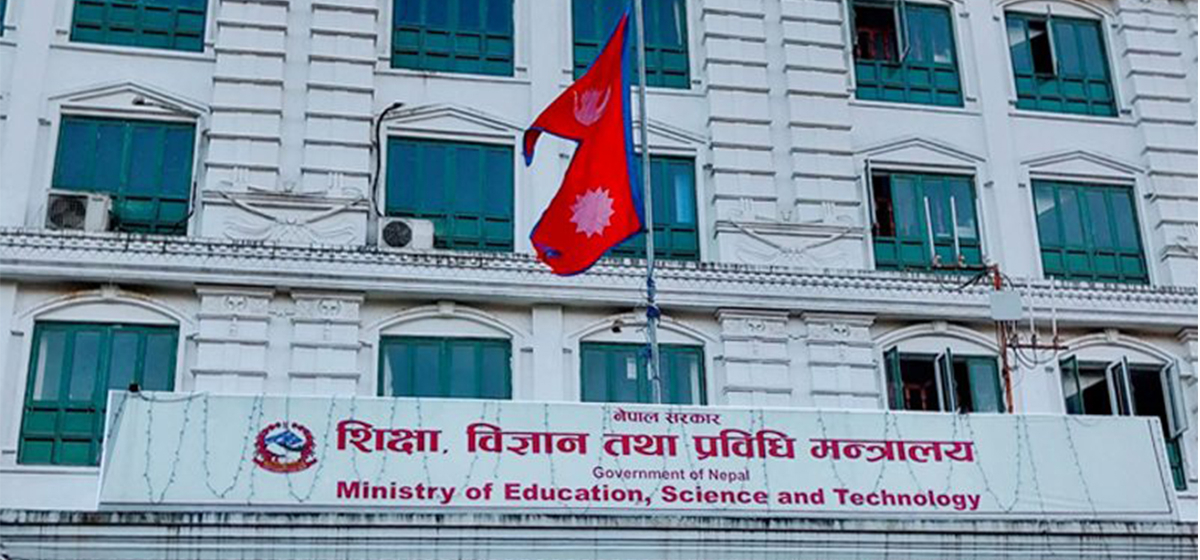
Leave A Comment